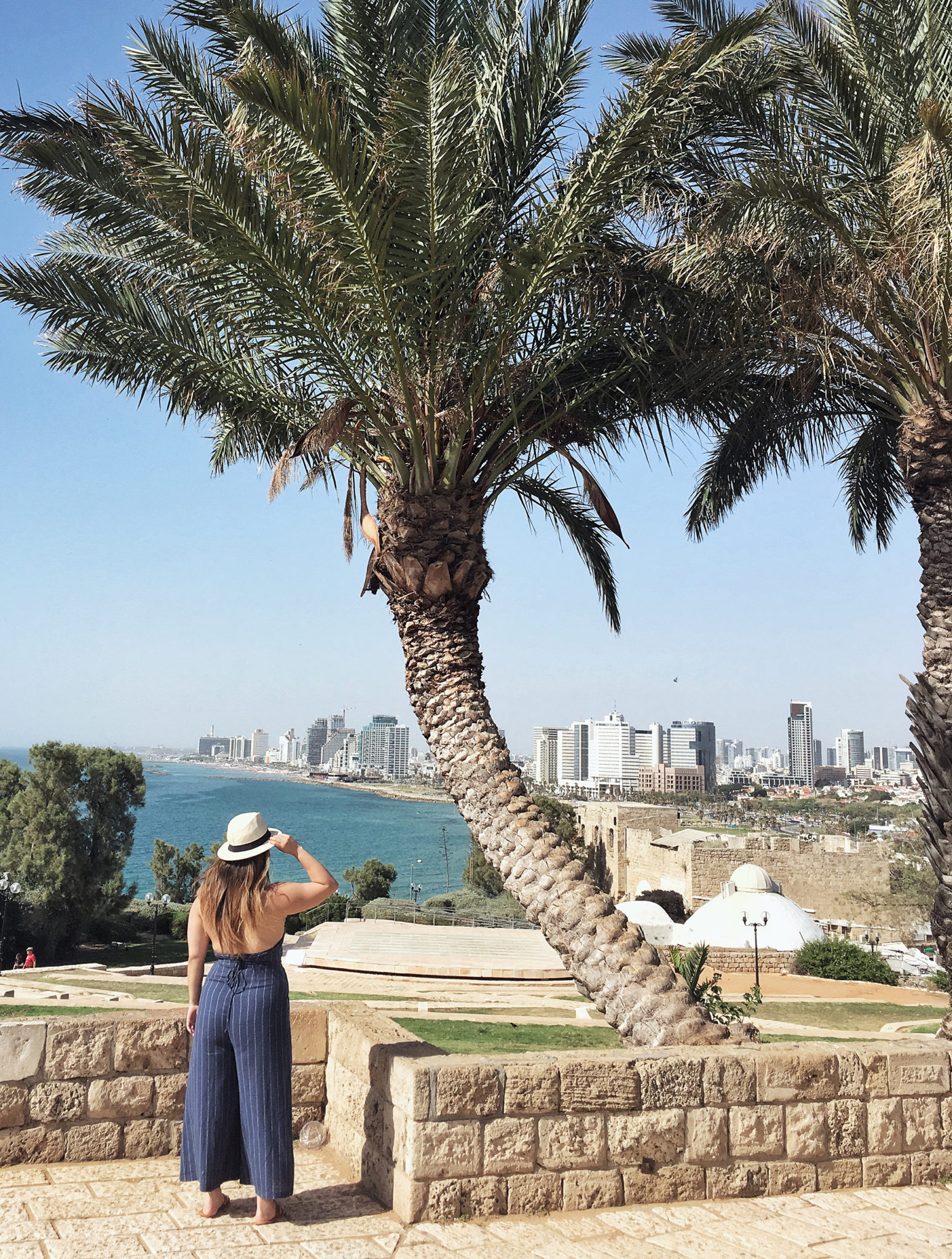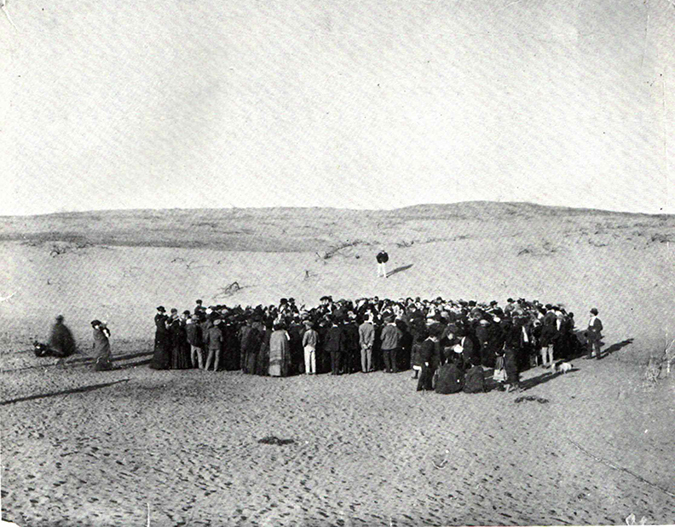
You know what people who live in Tel Aviv are called?
Tel Avivans.
Doesn’t that sound so fancy and elegant? It’s one of the many things I loved about the second most populous city in Israel (the first being Jerusalem) in addition to the back-of-the-throat pronunciation of the “h”s in Hebrew and how wet wipes were provided practically everywhere! Oh yea, and everyone STUNNING. It was quite upsetting for us mere (significantly less firm) mortals with average body fat percentages.
I knew I’d love Tel Aviv before even having visited the way I know if I cook pasta, I will eat the entire pot. I even rattled off a list before leaving. Of course, my family and friends were less enthused about my travel plans, besieging me with questions like “Why would you want to go there?” and “Haven’t you seen the news?” and “What about the Israel-Palestine conflict?”
All legit queries. I made sure to check any travel advisories prior to flying and stayed well away from the West Bank, Gaza Strip, and the border with Syria. As for the political conflict? I’m woefully unqualified to address it and didn’t want to commit a social gaffe by asking locals while I was there as it’s a loaded and convoluted topic.
But from my perception as an outsider and visitor, it felt as though despite (or perhaps because of?) the conflict – internal and external – locals possessed a hyper-focused perspective on what’s truly important and a live in/for the present attitude. This intangible vibe of Tel Aviv and it’s people is what I loved the most and why it usurped the top spot on my favourite places list.
Maybe the difference between living somewhere like Israel versus somewhere so comfortable is that we take for granted how easy life is and instead focus on perceived slights, day-to-day minutiae, and social media. Hence the relevance of the derisive hashtag #firstworldproblems.
Tel Avivans exude a French joie de vivre with a distinctive tenacity and to understand that fully, it’s relevant (or at least interesting) to consider the etymology of the city name.
“Tel Aviv” is the title of Nahum Skolow’s translation of the 1902 utopian novel “The Old New Land” or Altneuland by author and political Zionism founder, Theodor Herzl. It outlined Herzl’s vision for a Jewish State in Israel which let to the development of the city of Tel Aviv in 1909.

Several dozen families gathered on the sand dunes on the beach outside Jaffa, waiting for plots to be allocated on April 11, 1909, the day Tel Aviv was founded.
The name was chosen to express the unification of the Old and the New. Representing the Old, tél means “hill formed by ancient ruins” – fitting as the land had been ruled over by over four thousand years by numerous empires (including the Israelites, Egyptians, Ottomans, Romans, etc…). ‘Aviv meaning “Spring” symbolizes the New as the vision for the city was to the clean, modern, and inspired by European cities.
So what came first in this proverbial ‘chicken or the egg’ scenario? Did the people inspire the name of the city or did the ideals of the city influence it’s inhabitants? Either way, you can’t deny that it’s an aspirational way of living.
Learn from the past (then let it go). Allow it make you stronger and innovate into the future. Live for the present (because it’s precious).
SOME TIPS FOR LIVING MORE PRESENTLY:
+ Put away your phone and turn off the music and podcasts. Allow yourself to think.
+ Focus on your breathing. Notice how the air is cooler as you inhale, and warmer as you exhale.
+ Let the white noise in instead of tuning it out. Notice all the sensations surrounding you – the sounds of traffic, the smell of the park after it rains, the light dancing behind your closed eyelids…








0 Comments